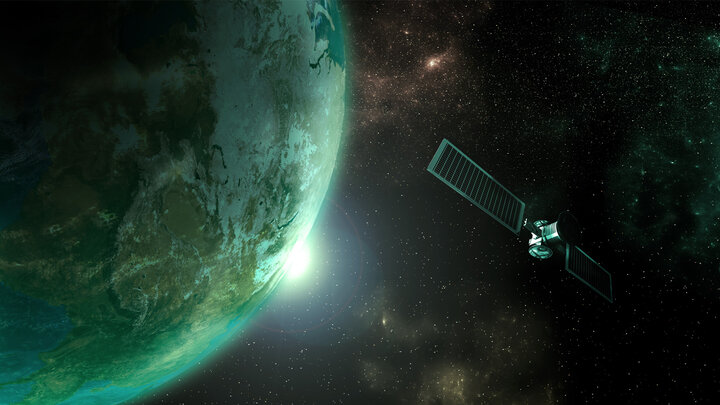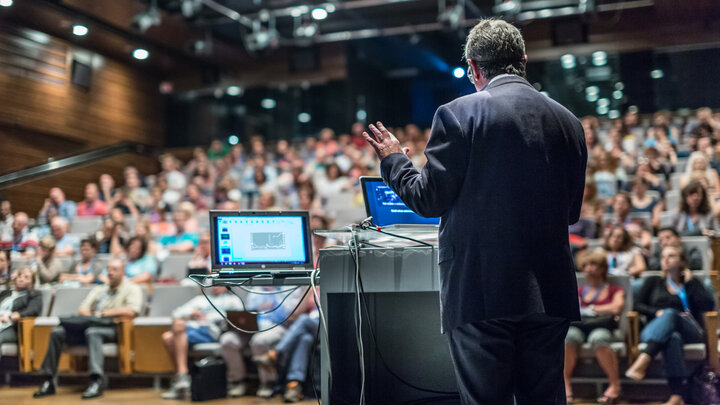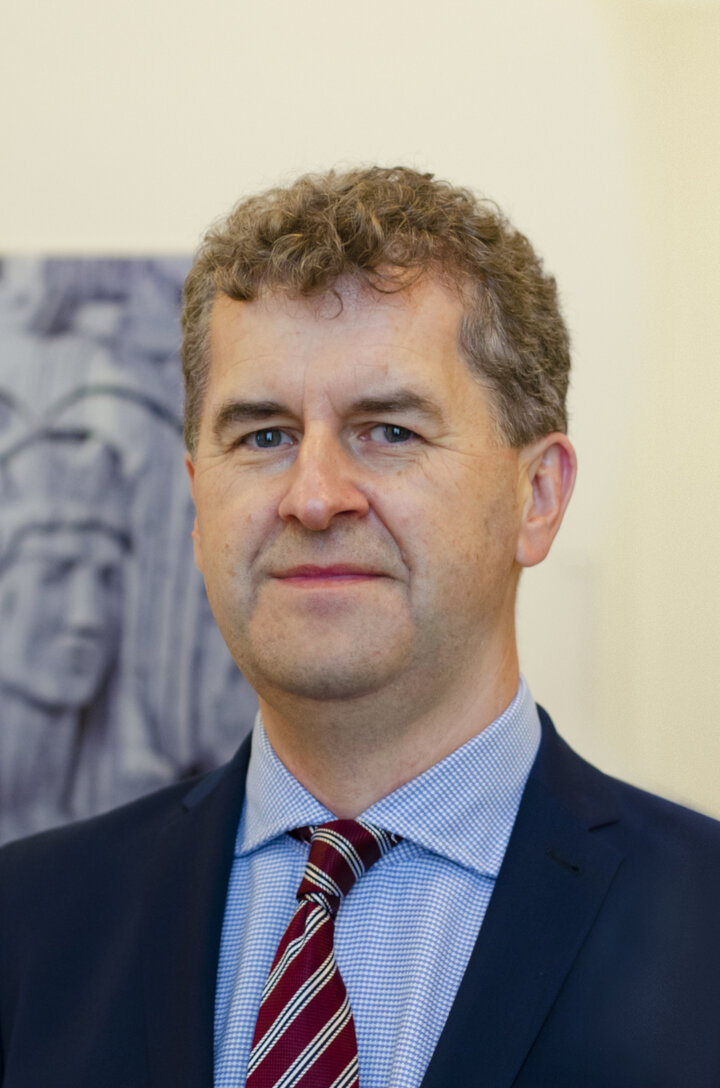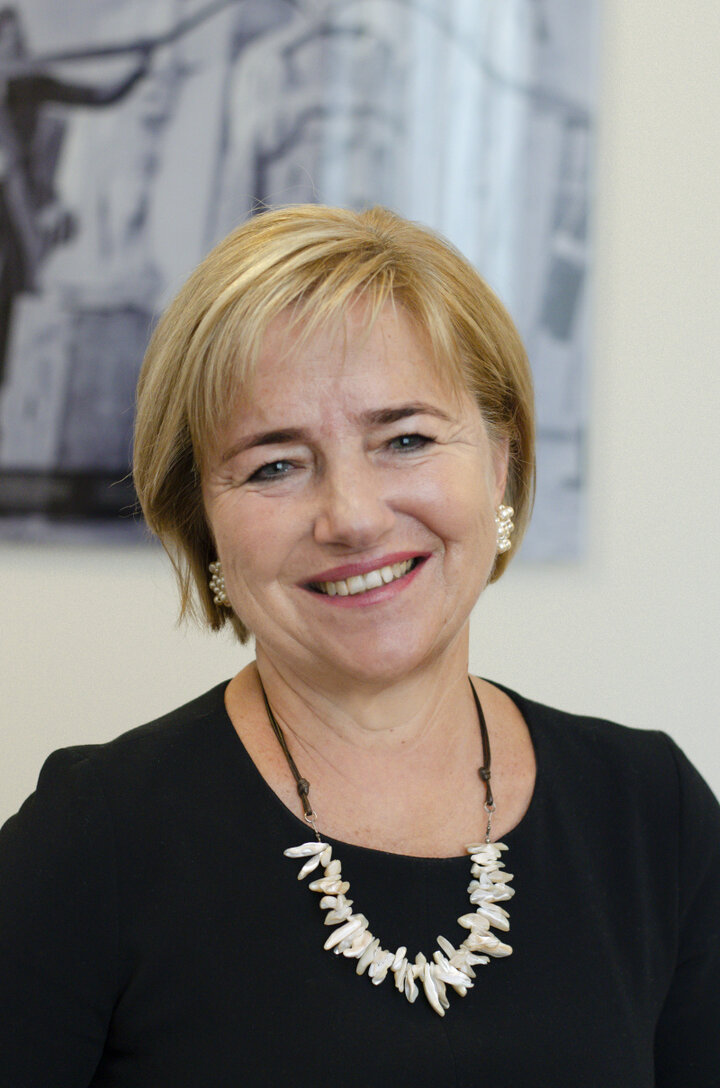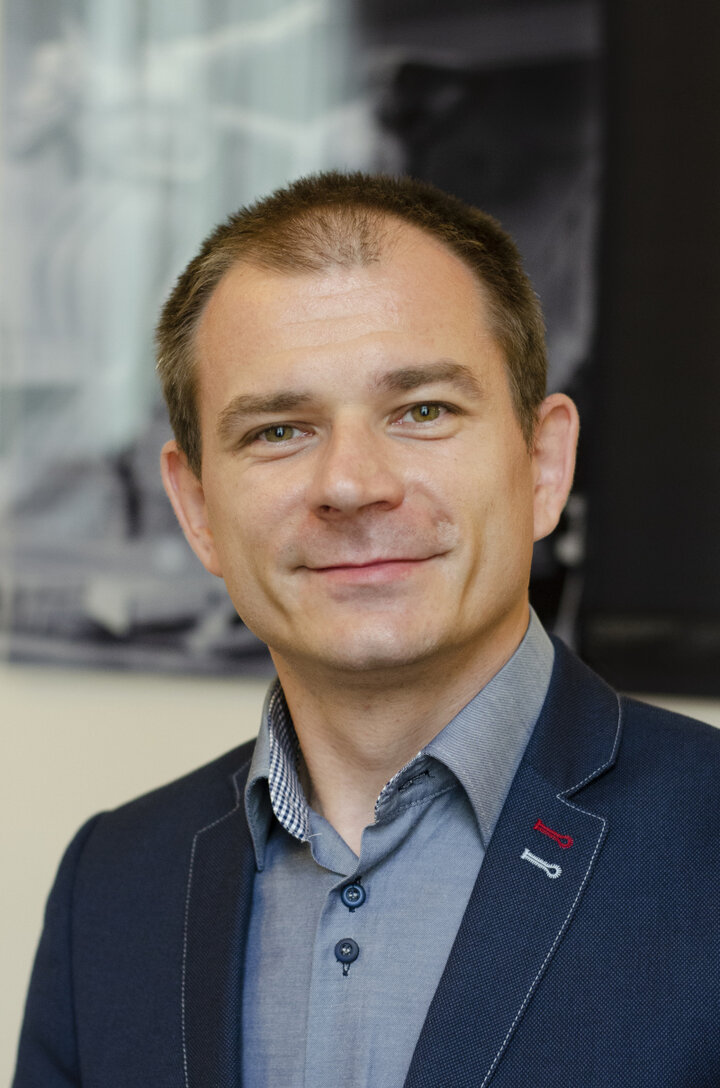Board Member
Dr Paweł Janowski
Dr Paweł Jankowski is a nuclear physicist working at the Faculty of Physics and Applied Computer Science, where he manages the Laboratory of Physical Demonstrations as a teaching assistant professor. Scientifically, he was occupied with radioactivity in the environment. His research activity in the Institute of Nuclear Physics of the Polish Academy of Sciences concerned concentration measurements of radioactive iodine and cesium in the air after nuclear explosions and failures of reactors. Such substances and their applications always were in his area of interests, which led him to study physics. Today, in turn, one of his life goals is to make the knowledge on radioactivity more accessible.
Dr Paweł Janowski’s achievements in the field of the popularisation of science are extensive, which is confirmed by multiple distinctions received by him – Krzysztof Ernst Prize and Medal for Popularization of Physics, Professor Takliński Award, or qualifying to the final of the Populariser of Science competition organised by the Polish Press Agency. His dissemination activity encompasses lectures full of demonstrations and experiments which he delivers for everybody, from kindergarteners to students of the University of the Third Age. What is more, he gives interviews for the radio, makes videos, and designs interactive exhibitions in the Museum of the AGH University. There is always a special place in them for nuclear physics, as he brings it closer to people with the use of his nuclear suitcase, the content of which sometimes comes as a surprise to his listeners. According to him, the century-old school model discourages from discovering the laws of nature. Popular lectures, on the other hand, can be a break from the strict schematic programme, proving that science is not a difficult subject at school, but it in fact consists in uncovering the world's secrets and applying them to life. Furthermore, besides the fascination with the surrounding world, they can also provide the listeners with a certain leaven of knowledge, with the help of which they, themselves, will entrain others to develop such a science-related passion.
